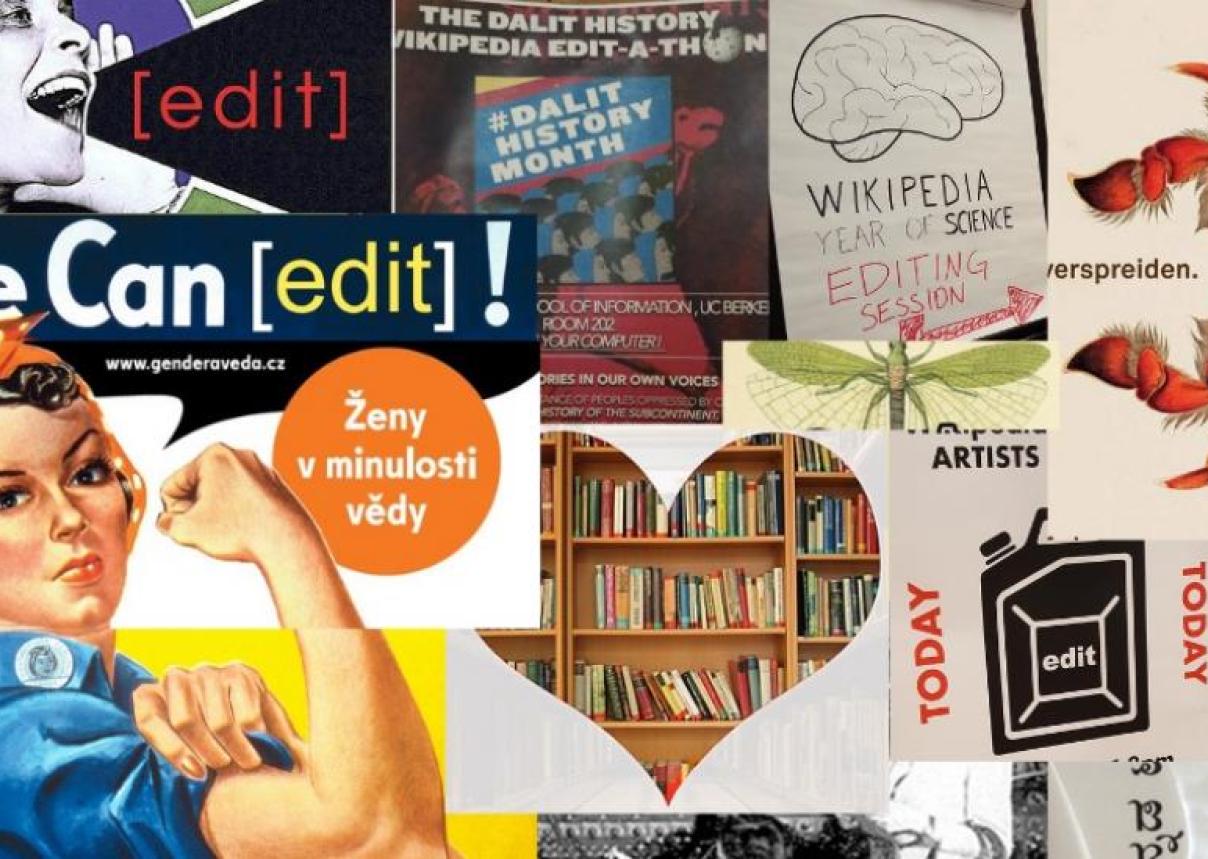
For those with access to the internet, Wikipedia is the benchmark of common knowledge. The processes of knowledge production are inevitably fraught with imbalances of power: Who gets to write and gets written about? Who gets to speak and who among them is heard? What gets illuminated as authoritative and credible knowledge; what gets dismissed as unverifiable or insignificant? Who gets erased from collective human memory or is represented only through one-sided versions?
Take, for example, a patent owned by Google titled “Providing knowledge panels with search results”. Google’s Knowledge Graph determines what is shown prominently on the first page of its web search results. It is only one of the myriad factors at play in determining knowledge that is "known". Knowledge is power, so is information. The sum of all human knowledge on the internet as it stands today mirrors the fault lines of race, caste, class, gender and many other groupings of humankind.
Edit-a-thons have emerged as a popular outreach activity for bridging Wikipedia’s gender gap, that is, increasing the participation of women and gender-diverse individuals and growing the body of encyclopedic content about them. By definition, edit-a-thons are coordinated editing events, often based on a subject or theme, carried out virtually or in the same physical space. Edit-a-thons on topics related to gender attract much enthusiasm among those who deeply care about the subject, irrespective of whether they frequently contribute to Wikipedia or its sister projects.
However, edit-a-thons conducted in a sub-optimal way negatively affect the experiences of contributors on Wikipedia and off it. As a Wikimedian actively volunteering for the past decade, I offer some suggestions to current and future edit-a-thon organisers who may not have enough experience of the nuts and bolts of Wikipedia, the internal dynamics of its communities and its systems of governance.
Continue reading at GenderIT.org.